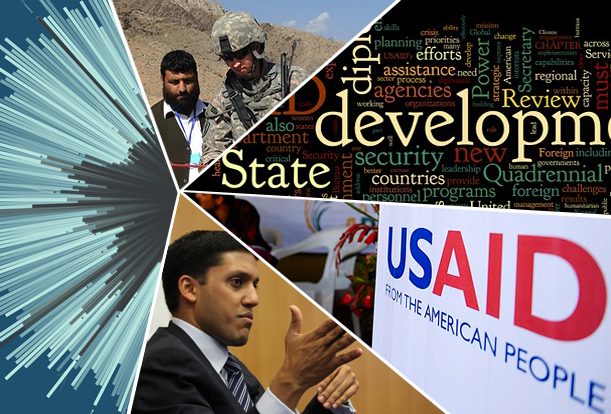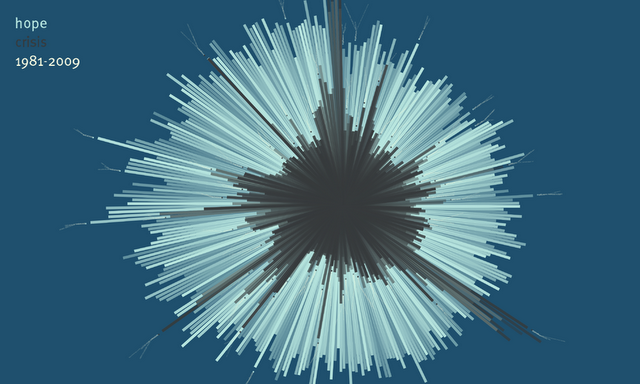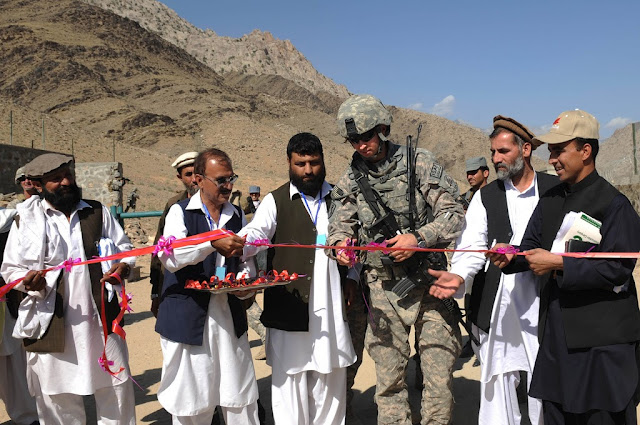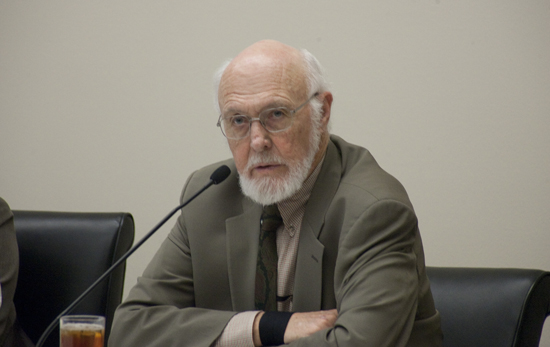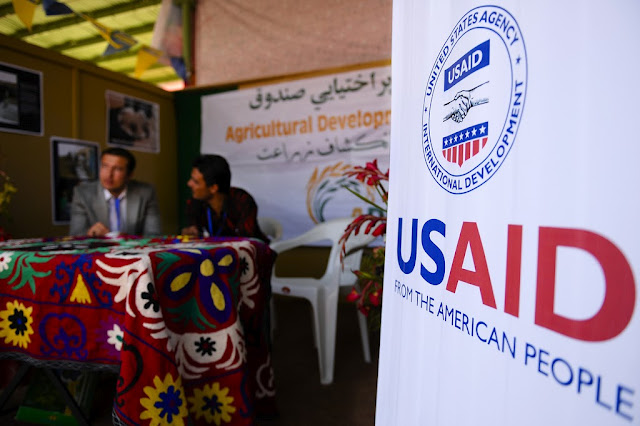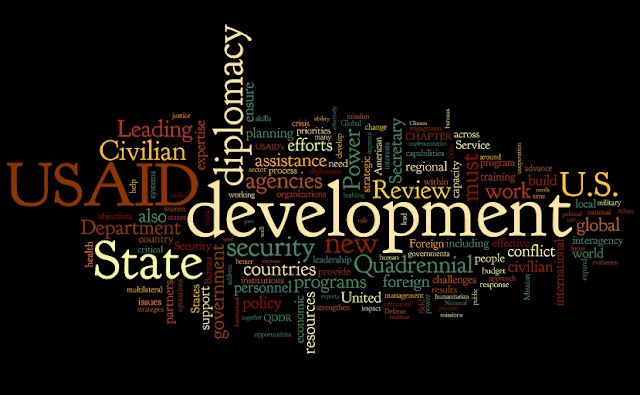-
QDDR Coverage Wrap-up: Institutional Shifts, Development-as-Security, Women’s Empowerment, and Complex New Threats
›February 23, 2011 // By Schuyler NullSomewhat lost in the wake of turmoil in the Middle East and the budget battle in Congress has been the State Department’s most aggressive attempt yet to reshape itself for the dynamic foreign policy challenges of the 21st century.
-
Civilian Power in a Complex, Uncertain World
›Leading Through Civilian Power: The First Quadrennial Diplomacy and Development Review (QDDR) initiates an encouraging process of rethinking and restructuring that is long overdue. It explicitly links itself to the 2010 National Security Strategy and echoes the latter’s commitment to “national renewal and global leadership.” It refers briefly to the obvious companion document, the Quadrennial Defense Review, although it resists engaging with some key aspects.
-
First Steps on Human Security and Emerging Risks
›The 2010 Quadrennial Development and Diplomacy Review (QDDR), the first of its kind, was recently released by the State Department and USAID in an attempt to redefine the scope and mission of U.S. foreign policy in the 21st century. Breaking away from the Cold War structures of hard international security and an exclusive focus on state-level diplomacy, the QDDR recognizes that U.S. interests are best served by a more comprehensive approach to international relations. The men and women who already work with the U.S. government possess valuable expertise that should be leveraged to tackle emerging threats and opportunities.
-
Is the Glass Half Full or Half Empty?
›The much-anticipated Quadrennial Diplomacy and Development Review(QDDR) demands to be taken seriously. Its hefty 250 pages present a major rethink of both American development policy and American diplomacy. Much of it is to be commended:
-
Civil-Military Interface Still Lacks Operational Clarity
›The Quadrennial Diplomacy and Development Review (QDDR) is an important first step in redefining civilian roles and capacities in crises, conflict, and instability. After the expensive failures of both the military and USAID in Vietnam during the 1960s and 70s, Congress set new guidelines governing military interventions and assistance to foreign governments. Foreign assistance staff was cut from 15,000 to 2,000 people. When modern-day conflicts arose and USAID found itself understaffed and under-funded, the military was called upon to fill a gap and became overnight, in essence, our primary development agency.
-
Women and Youth in 21st Century Statecraft
›January 10, 2011 // By Richard CincottaWhether one supports or finds fault with current (and envisioned) U.S. diplomacy and international development processes and practices, most foreign policy analysts and academics will recognize the first Quadrennial Diplomatic and Development Review (QDDR) as a landmark document. In my opinion, the QDDR – titled Leading Through Civilian Power – is essential reading for those who seek a career in government or who otherwise need to understand the nature and purpose of the work that foreign service officers and USAID missions perform overseas.
Showing posts from category Reading the QDDR.


